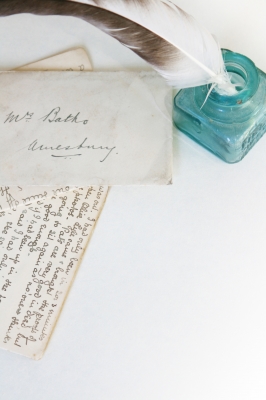By Shannon Bennett, Student with The National Institute for Genealogical Studies
The more we dig into our past the more we come across documents in varying states. Some are pristine and new while others are decades old and crumbling. Which is why I was happy to see these first two modules in Methodology, Part 2covered transcriptions (more in depth this time) and abstracts.
I think these two skills are among the most important a genealogist can master. Learning to do these properly, and accurately, will not only help you but those who follow in your footsteps. Particularly if the document later goes missing or is destroyed. Your transcription may be the only thing left with the “proof” you need.
While I talked briefly in a prior post about transcribing, I thought it would be important to hit on this again. In the first module we are given five reasons why you should learn how to transcribe:
- Reproduction equipment not available or allowed
- You received a transcript of a document or book pages from someone else
- Your recipient or reader may not have your skills
- You made a photocopy or a printout and it went missing
- The exercise itself is a learning experience
In addition to these reasons we were taught about diacritical marks, obsolete letters, and the use of square brackets. I have to admit I have a fondness for learning about obsolete letters and diacritical marks, but I am an odd nut.
Going hand in hand with transcriptions are abstracts. Abstracts are the important bits of a document with all the extras (boilerplates or extra words) cut out. Making an abstract of the document, or transcript, is a great way to have all the important bits pulled out and ready to use.
Through the reading and exercises we were taught how to properly perform both of these tasks. With practice they both become easier and you will notice that your skills improve. I thought I was pretty good at both when I first started my research a few years ago. Well, I quickly found out that I wasn’t as good as I thought. However, over the years my skills increased. The key was reading a lot of different types of documents and then making both transcriptions and abstractions for both.
Views: 45
Comment
© 2024 Created by IIGSExecDirector.
Powered by
![]()

You need to be a member of Genealogy Wise to add comments!
Join Genealogy Wise